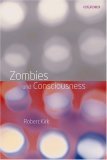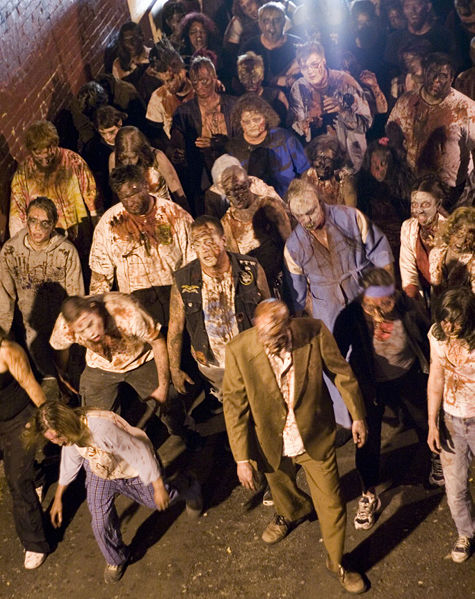April 12, 2008
“Neuroaesthetics is wrong…” says Raymond Tallis in this Times Literary Supplement article (Apr 9, 2008).
Evolutionary and Neurocognitive Approaches to Aesthetics, Creativity and the Arts is cited by Tallis as an example of “the kinds of things critics get up to these days.” (‘Search Inside’ the book available at Amazon so you can get a “free taste.”) Criticizing the reductionist approach of ‘neuroaesthetics’ Tallis states:
The neuromythologist, trying to find citizens and their worlds in neurones, stuffs all that has been created by the collective of brains back into a stand-alone brain; indeed into a small part of such a brain.
Tallis’s new book The Kingdom of Infinite Space: A Portrait of Your Head (available in the UK but not until next September in the US) is discussed in this recent article in The Times.
Books by Raymond Tallis at Amazon.com
added a little later: another article about Tallis in The Independent (April 11, 2008)
Comments (0)
- cognitive science,culture
April 6, 2008
There’s been a lot of discussion on zombies recently at Overcoming Bias, starting with “Zombies! Zombies?”, followed by “Zombie responses” and “The Generalized Anti-Zombie Principle.”
A recent book on the topic is Zombies and Consciousness by Robert Kirk (Oxford University Press, 2008)

from the book description:
By definition zombies would be physically and behaviourally just like us, but not conscious. This currently very influential idea is a threat to all forms of physicalism, and has led some philosophers to give up physicalism and become dualists. It has also beguiled many physicalists, who feel forced to defend increasingly convoluted explanations of why the conceivability of zombies is compatible with their impossibility. Robert Kirk argues that the zombie idea depends on an incoherent view of the nature of phenomenal consciousness.
David Chalmers’s “Zombies on the web” and bibliography of online papers on “Zombies and the conceivability argument”
Journal of Consciousness Studies: Symposium on Conversations with Zombies (v2 n4, 1995), “Sniffing the Camembert: on the conceivability of zombies” by Allin Cottrell (v6, n1, 1999)
Stanford Encyclopedia of Philosophy article on zombies
Wikipedia entry for “philosophical zombies”

Comments (1)
- consciousness
April 3, 2008

“Gravity is a harsh mistress” is one of my favorite quotes from The Tick and in Balance: In Search of the Lost Sense by Scott McCredie (Little, Brown, 2007) the intricacies of the human relationship with gravity are examined, from motion sickness to the balance feats of acrobats such as The Flying Wallendas. Topics include the role of balance in human evolution, spatial distortions that trouble pilots, the soothing effects of vestibular stimulation by rocking, and how balance exercise could help prevent falls in old age. Balance disorders also seem to be associated with certain cognitive difficulties, and there is some work suggesting that dyslexia can be treated by a program of balance exercises.
Books cited in this book include: The Brain’s Sense of Movement (Perspectives in Cognitive Neuroscience) by Alain Berthoz (Harvard, 2002) and Play as if Your Life Depends on It: Functional Exercise and Living for Homo sapiens by Frank Forencich (Go Animal Publishing, 2003)
This book has a website.
Related links:
Dr. Frank Belgau‘s work on balance exercises to improve cognitive functions
BrainPort Technologies – the sensory substitution method developed by Dr. Paul Bach-y-Rita
“Vibrating insoles help people regain balance” (Sandra Blakeslee, New York Times, 1/17/06)
Comments (0)
- cognitive science





